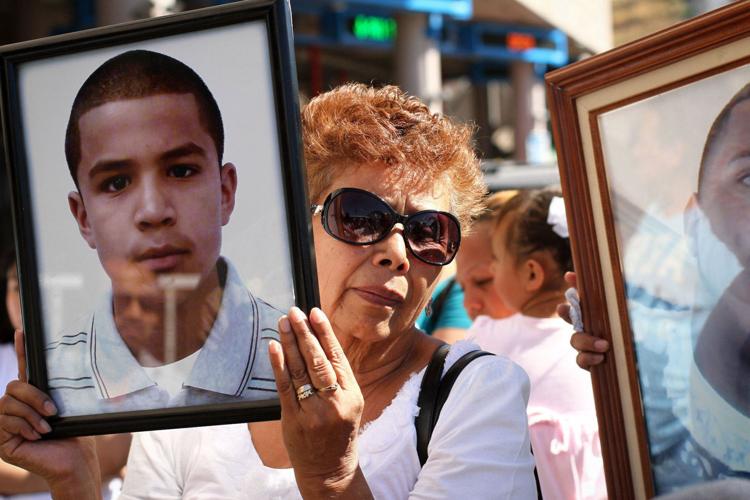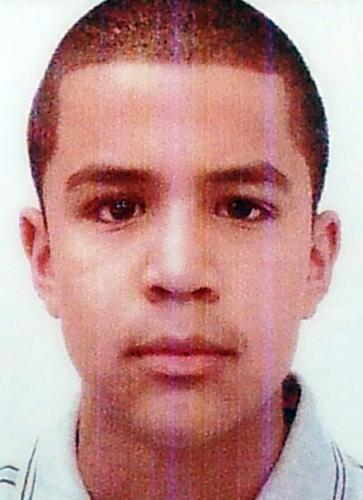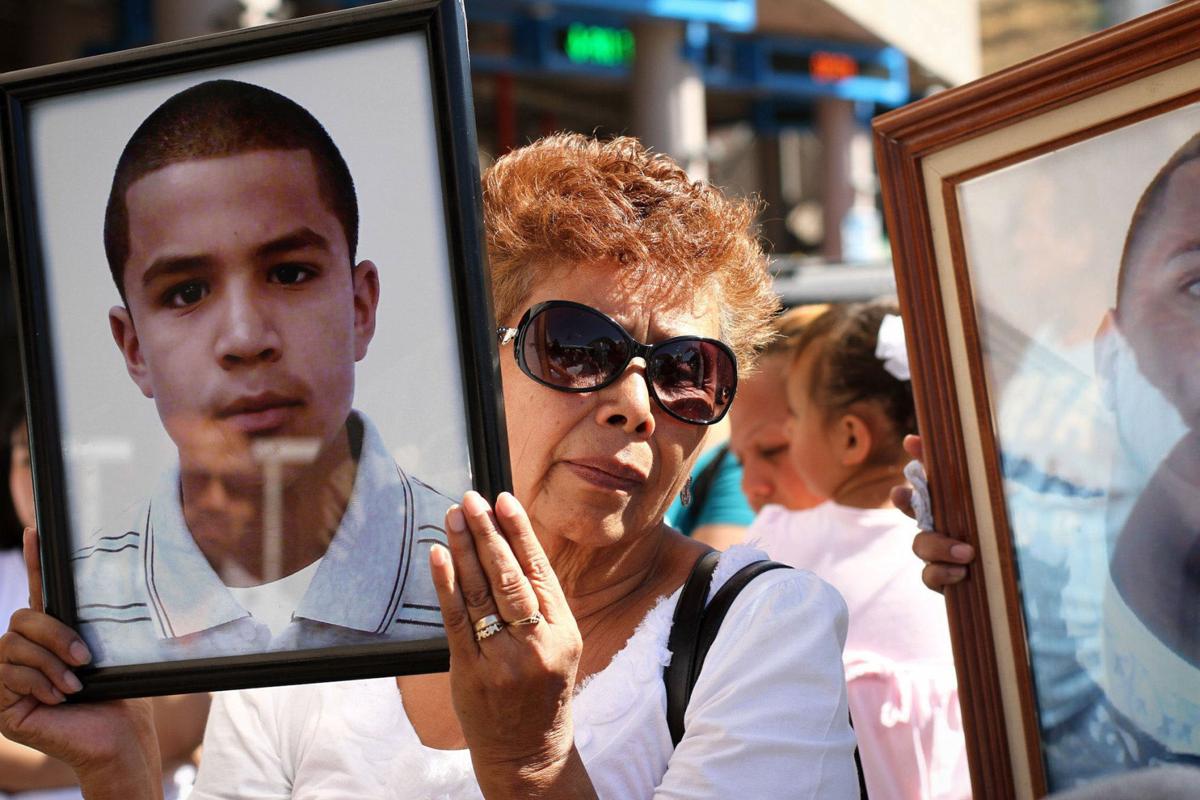PHOENIX — The attorney for a Border Patrol agent who shot a teen through the border fence is claiming the victim was involved in drug smuggling.
Sean Chapman said he has a witness who would establish that Jose Antonio Elena Rodriguez, 16, was not only involved in smuggling drugs when he was allegedly throwing rocks at agent Lonnie Swartz but in fact had been on the U.S. side of the border a few minutes earlier.
“Whether he personally transported drugs or acted as a scout is unclear,” Chapman wrote in pleadings to U.S. District Court Judge Raner Collins in his bid to take a deposition from an unnamed witness. “What is clear is that he was involved in this operation.”
Chapman also said the area of the border fence where the 2012 shooting occurred “is used exclusively by drug smugglers.”
“Given its exclusive use for drug smuggling, agents are trained that this is a dangerous area,” the attorney wrote. “Smugglers are more aggressive, they tend to resist apprehension more strenuously, and tend to be more assaultive toward the agents.”
Chapman is not disputing that his client, charged with second-degree murder, shot Elena Rodriguez through an opening in the border fence. An autopsy concluded 10 shots hit the teen in the back.
But Swartz, on indefinite unpaid suspension from the agency since October 2015, has contended he fired in self defense, saying the boy was throwing rocks across the border.
The attorney said the evidence from the witness is important to justify “Swartz’s heightened concerns about this area.” And he said what the witness has to offer would provide jurors “a complete picture” of what happened that night.
That complete picture, according to Chapman, involves a witness found by the government who lives about 160 feet north of the border, close to where the shooting occurred.
According to the lawyer, the witness knew Elena Rodriguez and had seen him in the neighborhood as he was growing up. And Chapman said this witness said in an earlier interview that his or her family — the legal papers block out the gender of the witness — had disassociated itself from the victim “after he bean involved in drug smuggling at an early age.”
The witness, Chapman said, saw Elena Rodriguez run by the house south toward the border fence, and later, two Border Patrol agents, with “a premonition that something bad was going to happen” to Elena Rodriguez.
Chapman said the witness assumed the agents were chasing the teen and heard them say in Spanish they were going to find him. The witness went to bed and a short time later heard gunshots, the shots the witness later learned were related to the incident.
All that, said Chapman is relevant to his defense of Swartz.
“The decedent (Elena Rodriguez) was involved in a conspiracy to import drugs into the United States as reflected not only by his efforts to harm agents with rocks, but also by his presence in the United States shortly before the shooting,” he wrote.
The reason all this has become public now is that an investigator for the defense concluded the witness was reluctant to testify even being served with a subpoena. There also were comments that someone close to the witness said the person has significant health problems and had a valid medical reason not to appear to testify “even if ordered to do so.”
What Chapman hopes Collins will grant is permission to question the witness ahead of time to preserve the testimony should that person not be available for trial. Chapman told Collins the testimony “is critical to the defense theory of the case.”
Assistant U.S. Attorney Beverly Anderson said she could not comment on Chapman’s request or any of the legal issues as to whether what Elena Rodriguez may have been doing just ahead of his shooting is legally relevant.
Collins has yet to rule on Chapman’s request. A hearing is set in federal court for June 19 on various outstanding issues, with the trial now set for Oct. 12.







